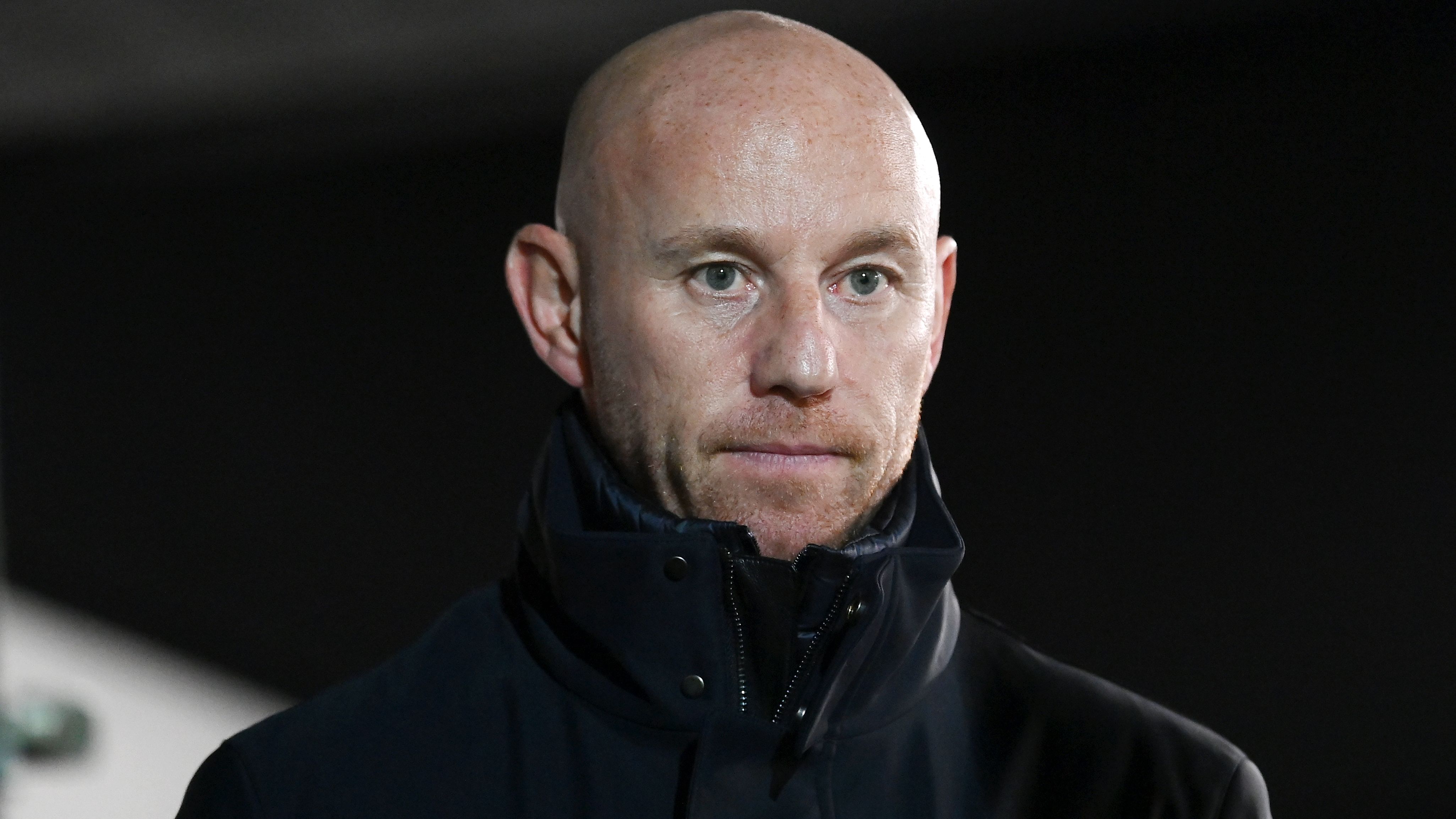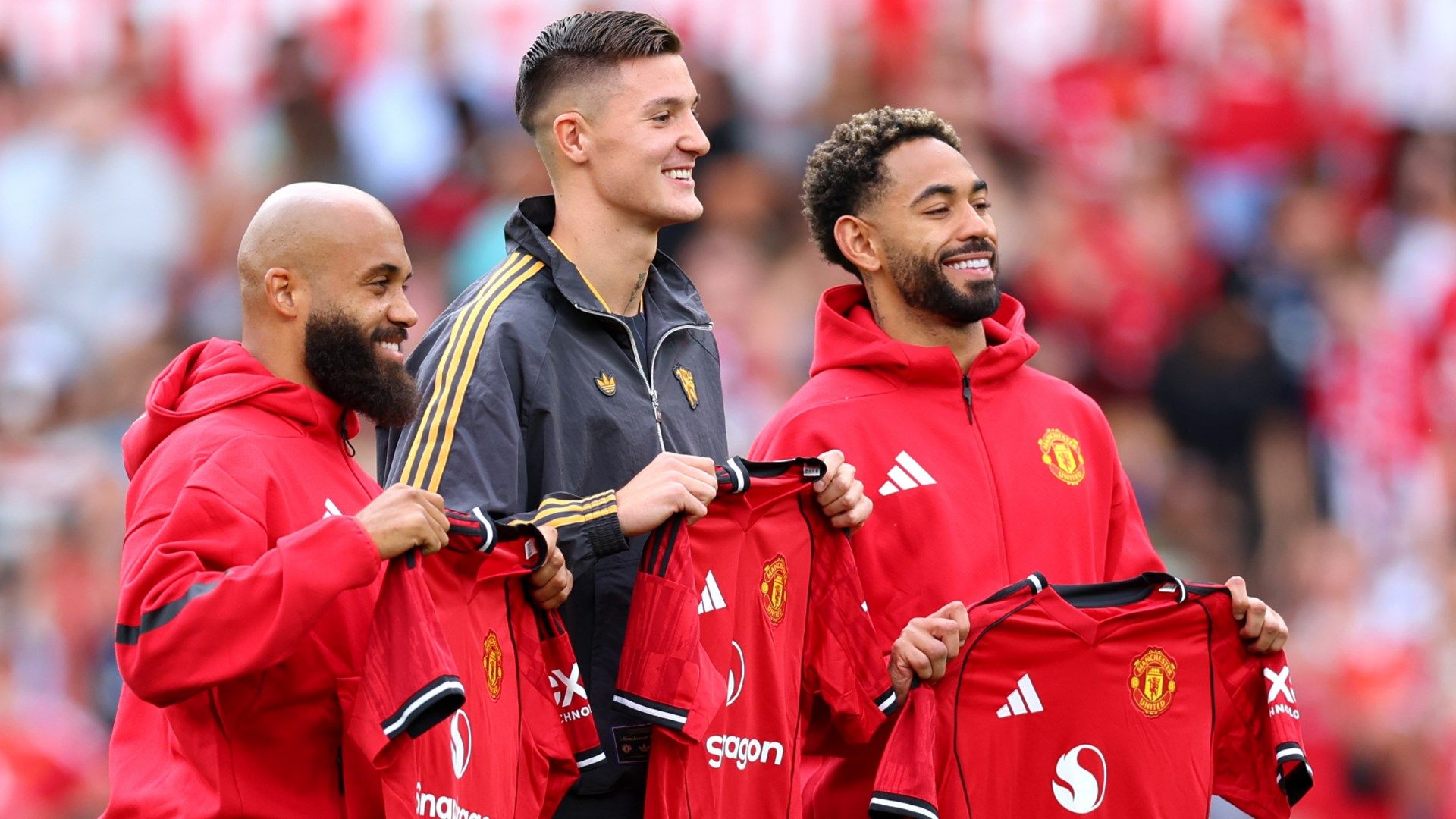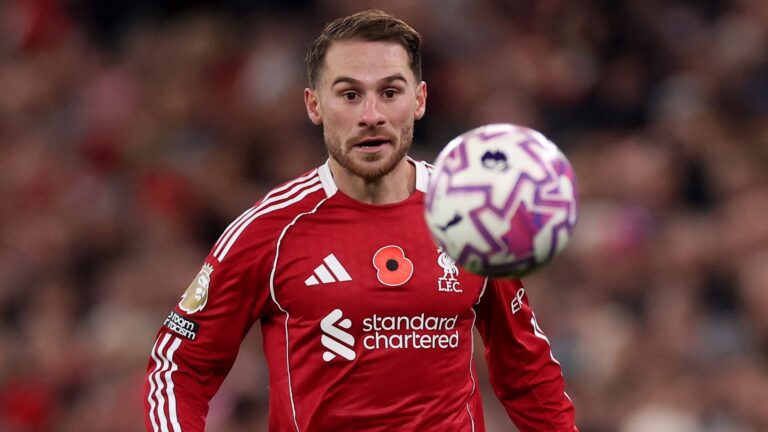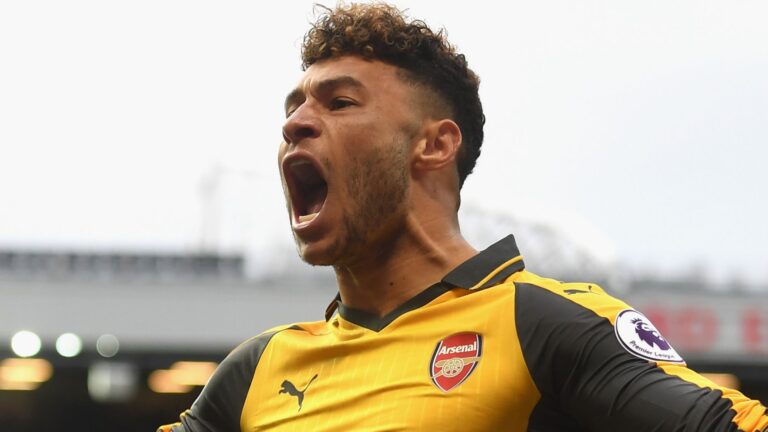Why Man Utd’s Sesko Signing Might Echo Past Transfer Errors
In a move that’s sparked heated debate among football enthusiasts, Manchester United’s decision to invest heavily in Benjamin Sesko has drawn sharp criticism from former players. Boldly diving into transfer market strategies, experts warn that overlooking Ollie Watkins could leave the Red Devils vulnerable to recurring pitfalls in their quest for a reliable striker.
- Manchester United secure Sesko with a substantial investment
- Critics argue they should have opted for Watkins as a stronger choice
- Issues a caution about potential slumps for young forwards



Man Utd’s Transfer Choices: A Risky Pattern with Benjamin Sesko
Although Manchester United explored options like Ollie Watkins during the summer window, they ultimately committed £74m (about $100m) to acquire Sesko from RB Leipzig recently. Ex-Red Devils player Nicky Butt argues that the 29-year-old Watkins would have been a smarter addition, enhancing team dynamics and providing stability, potentially mirroring the club’s earlier missteps with Rasmus Hojlund and risking a cycle of poor outcomes.
Evaluating Summer Signings and the Need for Experience
When questioned about United’s recent acquisitions, Butt shared with BetMGM, “It’s a mixed bag for me. Players like Matheus Cunha have shone brightly in recent campaigns, but I’m pushing for a seasoned forward up top.” He continued, expressing doubts that the club might be repeating errors by banking on Benjamin Sesko, similar to the Hojlund gamble. “Bringing in an inexperienced youngster without Premier League exposure feels like we’re stuck in a loop. In my view, for a comparable price, I’d have targeted someone like Ollie Watkins to mentor emerging talents and shield them during tough spells.”
Butt elaborated on the pressures young players face, noting, “When rookies are thrust into the spotlight to deliver goals, a few off-games can derail them. Having a veteran like Watkins on board would offer that protective buffer, allowing them to step back without the constant heat.”
Lessons from Past Investments and Fresh Comparisons
Two years back, United brought in Hojlund from Atalanta at age 20, yet he hasn’t lived up to the £72m ($97m) price tag so far. Similarly, Sesko, who matches Hojlund’s age, showed more scoring prowess at Leipzig than Hojlund did in Italy, but the hefty expenditure on him places immense expectations to address United’s scoring woes immediately. While Watkins might have offered a more dependable path forward, his approaching 30th birthday diminishes his long-term market value compared to Sesko’s potential resale appeal.
Latest on Player Performances and Upcoming Matches
To put this in perspective, recent statistics highlight Watkins’ consistency; for instance, he notched up 19 goals in the 2023-2024 Premier League season, underscoring his reliability as a forward. In contrast, Sesko’s adaptation to the Premier League remains untested. Looking ahead, the Slovenia international could feature in United’s season opener against Arsenal this Sunday, while Watkins is set to spearhead Aston Villa’s lineup versus Newcastle United the day before, adding a timely layer to this debate on transfer wisdom.
The Ex-Manchester United Star’s Warning on Signing Benjamin Sesko
In recent transfer discussions, an ex-Manchester United star has raised eyebrows by drawing historical parallels to the club’s potential move for Benjamin Sesko over Ollie Watkins. This debate highlights ongoing performance concerns at Manchester United, where the balance between youthful potential and proven talent remains a hot topic among fans and analysts.
Paul Scholes, the former Manchester United midfielder known for his candid opinions, has been vocal about this issue. He warns that opting for the young RB Leipzig striker Sesko could echo past mistakes, such as the high-profile signings that didn’t pan out as expected. Scholes points out that while Sesko shows promise with his physicality and goal-scoring ability, his lack of Premier League experience might lead to adaptation struggles, much like some historical signings.
Why Performance Concerns Are Mounting for Manchester United
Manchester United’s performance concerns stem from a string of inconsistent results in recent seasons, with the team often struggling to convert chances and maintain defensive solidity. Choosing a raw talent like Benjamin Sesko over a in-form player like Ollie Watkins could exacerbate these issues. Watkins has been a standout performer for Aston Villa, netting crucial goals and demonstrating the kind of reliability that United desperately needs amid their performance concerns.
Scholes emphasizes that Watkins’ proven track record in the Premier League makes him a safer bet. In contrast, Sesko, despite his impressive stats in the Bundesliga, might face the same challenges that young forwards have encountered at Old Trafford in the past. This could include the pressure of a big move and the intense scrutiny that comes with playing for a club like Manchester United.
Historical Parallels in Manchester United’s Transfer History
Delving deeper, the ex-Manchester United star’s warning draws clear historical parallels to transfers that didn’t live up to expectations. For instance, the signing of Alexis Sanchez from Arsenal in 2018 was meant to be a game-changer, but it turned into a costly misfire due to adaptation issues and form dips. Similarly, the acquisition of Anthony Martial in 2015 showed initial promise but has been marred by inconsistency, raising questions about investing in unproven youth over established stars.
Scholes compares this to the potential Sesko scenario, where the club might overlook Watkins’ consistent performances in favor of a high-potential gamble. Other examples include the likes of Memphis Depay and Angel Di Maria, whose tenures at United were hampered by the Premier League’s demands, despite their talent. These historical parallels underscore the risks of prioritizing Benjamin Sesko’s upside without considering the immediate impact needed to address performance concerns.
Case Studies: Lessons from Past Manchester United Signings
To provide more context, let’s examine a couple of case studies from Manchester United’s history that illustrate these points:
- The Case of Paul Pogba’s Return: When United re-signed Pogba in 2016, the move was celebrated for his potential, but it ultimately highlighted the pitfalls of banking on familiarity over current form. Like Sesko, Pogba was a young star with hype, but integration issues led to mixed results, mirroring potential challenges for a new signing amid performance concerns.
- Robin van Persie’s Successful Integration: On the flip side, the acquisition of Van Persie from Arsenal in 2012 is a positive case study. As an established Premier League player, he quickly adapted and helped United win the title, showing how opting for experience like Ollie Watkins could yield faster benefits.
These case studies reveal that while young talents like Benjamin Sesko can succeed, the historical parallels often favor players with proven performance in similar environments.
Benefits of Prioritizing Experienced Players Like Ollie Watkins
Focusing on experienced players offers several benefits that could help alleviate Manchester United’s performance concerns. For starters, players like Watkins bring immediate tactical fit and leadership, reducing the time needed for adaptation. This can translate to quicker on-pitch results, boosting team morale and fan satisfaction.
Here are some key benefits in bullet form:
- Faster Integration: Experienced Premier League players adapt more quickly, minimizing risks associated with signings like Benjamin Sesko and helping address performance concerns right away.
- Proven Resilience: Watkins has shown he can handle the pressure of top-flight football, unlike younger prospects who might struggle with the historical parallels of high-expectation moves.
- Short-Term Impact: In a competitive league, opting for experience can lead to immediate wins, whereas developing a young star requires patience, which Manchester United may not have amid ongoing performance issues.
Practical Tips for Fans Following Transfer Sagas
As a fan, navigating transfer rumors and historical parallels can be overwhelming. Here are some practical tips to stay informed and engaged:
- Research Player Stats Deeply: Look beyond headlines by analyzing performance metrics from sources like Transfermarkt or WhoScored, comparing Sesko’s Bundesliga stats with Watkins’ Premier League numbers to understand the real risks.
- Follow Ex-Player Insights: Keep an eye on commentaries from figures like Paul Scholes for balanced perspectives on historical parallels and performance concerns, as they often provide valuable insider knowledge.
- Engage with Community Discussions: Join forums or social media groups to discuss potential signings, sharing thoughts on how choices like Sesko over Watkins might play out based on past Manchester United experiences.
By applying these tips, fans can make more informed opinions on topics like Manchester United’s transfer strategy and its implications for future performance.
First-Hand Experience: Insights from Former Players
Drawing from first-hand experience, ex-Manchester United stars like Scholes often share how the pressure of big transfers affected their careers. Scholes himself has recounted the challenges of maintaining form after high-profile moves, emphasizing that clubs must weigh historical parallels carefully. This personal insight adds depth to the debate, reminding us that performance concerns aren’t just statistics-they’re about the human element in football.









